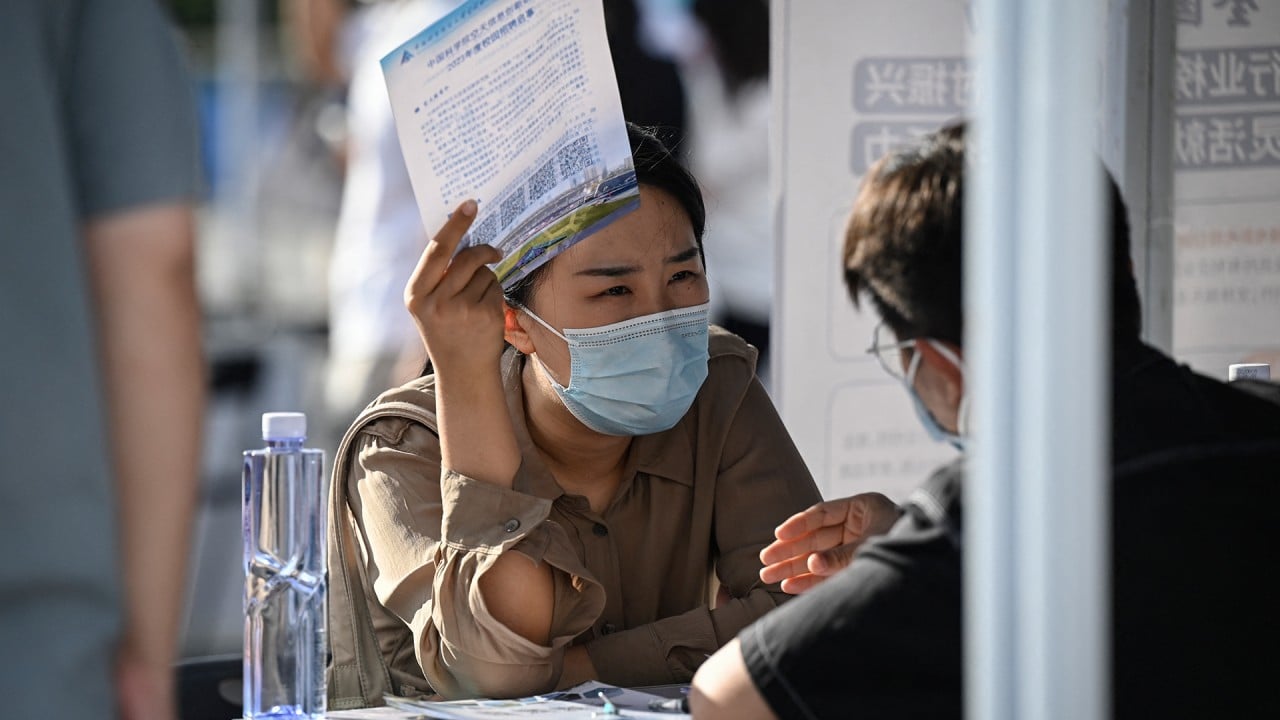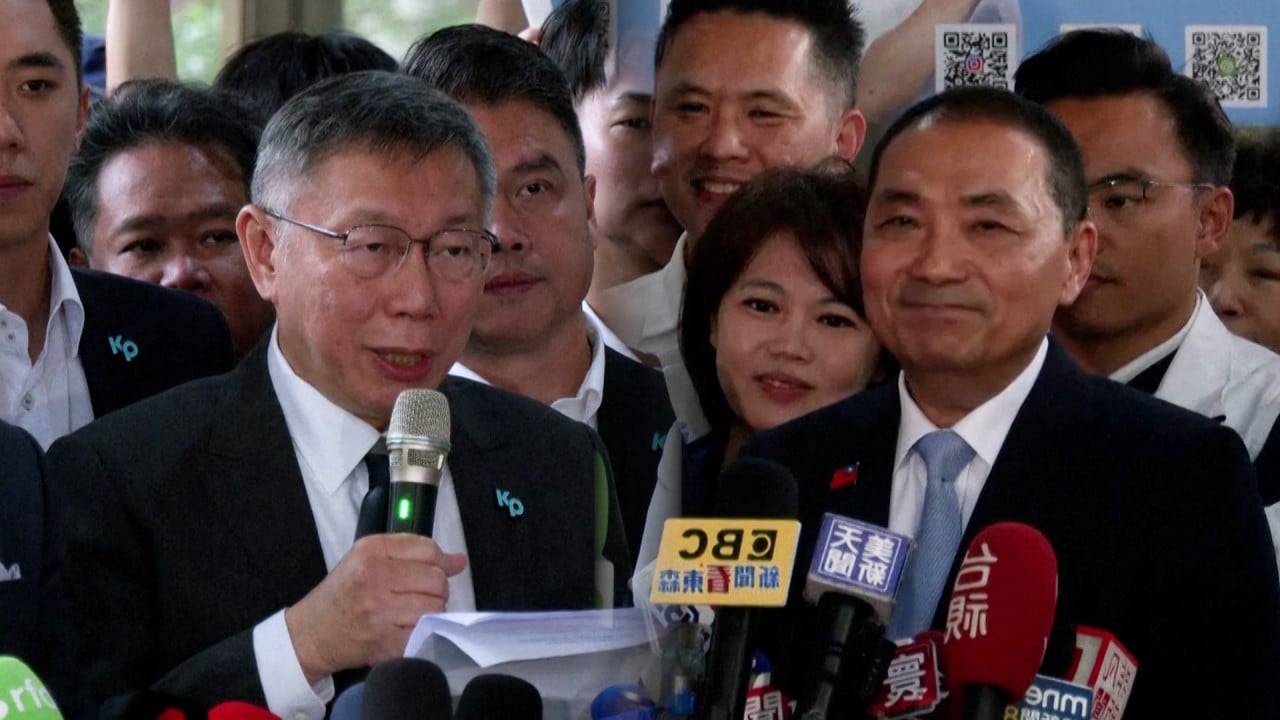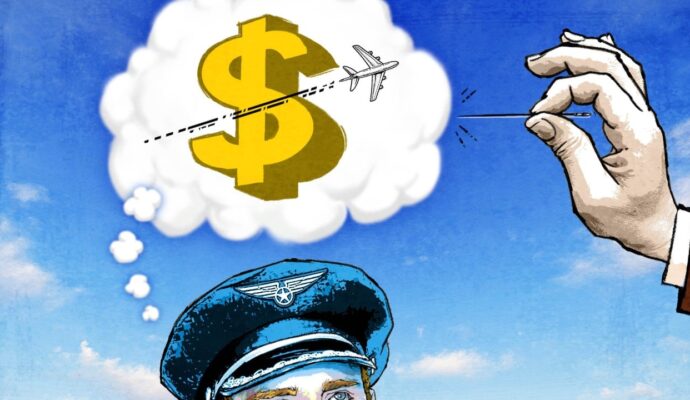But new industries had to be ready before older ones were phased out so the country’s economic recovery could be consolidated and long-term economic stability reached.
Throughout the address carried by all state broadcast media, the president painted a picture of a resilient economy, saying it had weathered storms to “strengthen its body and bones” and maintained growth momentum in the past year.
Although generally upbeat about the past year, the president admitted that Chinese companies and people faced difficulties.
“On our way forward, wind and rain are the norm,” he said.
“Some companies are facing operating pressure, some people are encountering difficulties in finding jobs and living, and natural disasters such as floods, typhoons, and earthquakes have occurred in some places.”
He said he was concerned about those factors and “deeply moved” by those “not afraid of the wind and rain, helping each other out, taking challenges head-on, and overcoming difficulties”.
Why Xi’s message to diplomats could mean continued strains in China-US ties
Why Xi’s message to diplomats could mean continued strains in China-US ties
The address comes amid investor concerns about Beijing’s commitment to opening up its economy, a topic that Xi did not tackle in his past two New Year speeches.
Looking further afield, Xi said some parts of the world were “in the flames of war”, and China must embrace the responsibility of a major country in the interests of peace.
“The Chinese people are well aware of the preciousness of peace,” he said.
“We are willing to work with the international community to promote the building of a community with a shared future for mankind and build a better world with the future of mankind in mind and the well-being of the people.
“Despite the changes in the world, peaceful development has always been the main theme, and win-win cooperation has always been the way to go.”
As was the case last year, Xi made only brief mention of Hong Kong and Macau. He promised Beijing would continue to support the special administrative regions “in leveraging their own advantages and maintaining long-term prosperity and stability while better integrating into the overall development of the country”.
He did not elaborate on Taiwan either, saying only that “the reunification of the motherland is a historical necessity”, and “compatriots on both sides of the Taiwan Strait must join hands and share the great glory of national rejuvenation”.
Lai is the front runner, ahead of Hou Yu-ih of the Kuomintang and Ko Wen-je of Taiwan People’s Party – both of whom have called for closer ties with Beijing.
Beijing has long described Lai as a dangerous “separatist” and “troublemaker” and presented the elections in January as a choice between war and peace.
Beijing has never renounced the use of force to achieve Taiwan reunification. Most countries, including the United States, do not formally recognise Taiwan as an independent state but are opposed to the use of force to change the status quo.




